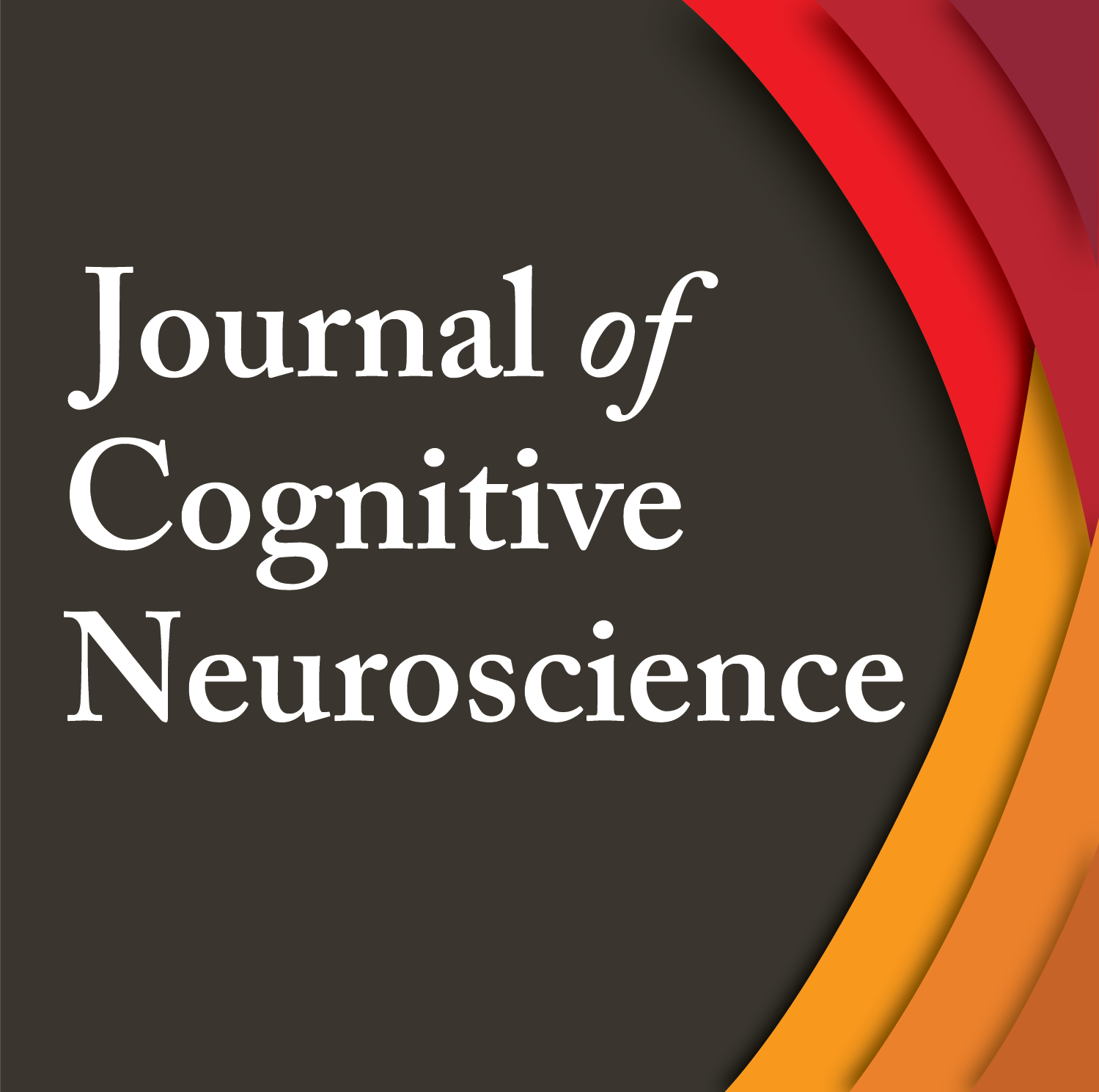Abstract
The human ability to integrate the input of several sensory systems is essential for building a meaningful interpretation out of the complexity of the environment. Training studies have shown that the involvement of multiple senses during training enhances neuroplasticity, but it is not clear to what extent integration of the senses during training is required for the observed effects. This study intended to elucidate the differential contributions of uni- and multisensory elements of music reading training in the resulting plasticity of abstract audiovisual incongruency identification. We used magnetoencephalography to measure the pre- and posttraining cortical responses of two randomly assigned groups of participants that followed either an audiovisual music reading training that required multisensory integration (AV-Int group) or a unisensory training that had separate auditory and visual elements (AV-Sep group). Results revealed a network of frontal generators for the abstract audiovisual incongruency response, confirming previous findings, and indicated the central role of anterior prefrontal cortex in this process. Differential neuroplastic effects of the two types of training in frontal and temporal regions point to the crucial role of multisensory integration occurring during training. Moreover, a comparison of the posttraining cortical responses of both groups to a group of musicians that were tested using the same paradigm revealed that long-term music training leads to significantly greater responses than the short-term training of the AV-Int group in anterior prefrontal regions as well as to significantly greater responses than both short-term training protocols in the left superior temporal gyrus (STG).

